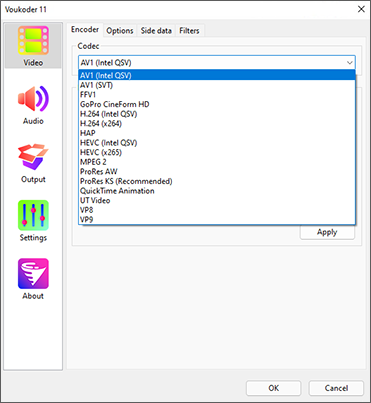

«Cisco has a long-standing history of supporting and integrating open standards, open formats and open source technologies as a model for delivering greater flexibility and interoperability to users. With the appropriate hypocrisy from Cisco: «Provided we can get AAC audio decoders to match, using Cisco’s OpenH264 binary modules allows us to extend support to other platforms and uses of H.264.» So, now a patent encumbered and binary only module without an audio part is good enough! How the righteous have fallen! VP8 and H.264 are both good codecs for WebRTC, and we believe that at this point, users are best served by having both choices.» «While Cisco’s move helps add H.264 support to Firefox on all OSes, we will continue to support VP8, both for the HTML video element and for WebRTC. Firefox will automatically download and install the appropriate binary module onto each user’s machine when needed, unless disabled in the user’s preferences.»Īnd see how Mozilla shows its true colours: The binary modules will be available for download from Cisco, and Cisco will pay for the patent license from the MPEG LA.


«Here’s a little more detail about how things are going to work: Cisco is going to release, under the BSD license, an H.264 stack, and build it into binary modules compiled for all popular or feasibly supportable platforms, which can be loaded into any application (including Firefox).

The question is whether others can (re)distribute executables from the actual source code, like distributions, without getting into patent trouble. So this is a bit like flash then? Binary blobs you have to download and run hoping they are build for your architecture and do as advertised? Firefox will automatically download and install the appropriate binary module onto each user’s machine when needed, unless disabled in the user’s preferences. But maybe I am misunderstanding the details.īinary modules compiled for all popular or feasibly supportable platforms, which can be loaded into any application (including Firefox). Is this really "open source"? I get the impression there is actual free software source code, but that the binary blobs aren't actually open source (they might or might not have been build using that source code, but cannot themselves be recreated, hacked on or redistributed). Posted 13:27 UTC (Wed) by mjw (subscriber, #16740)


 0 kommentar(er)
0 kommentar(er)
